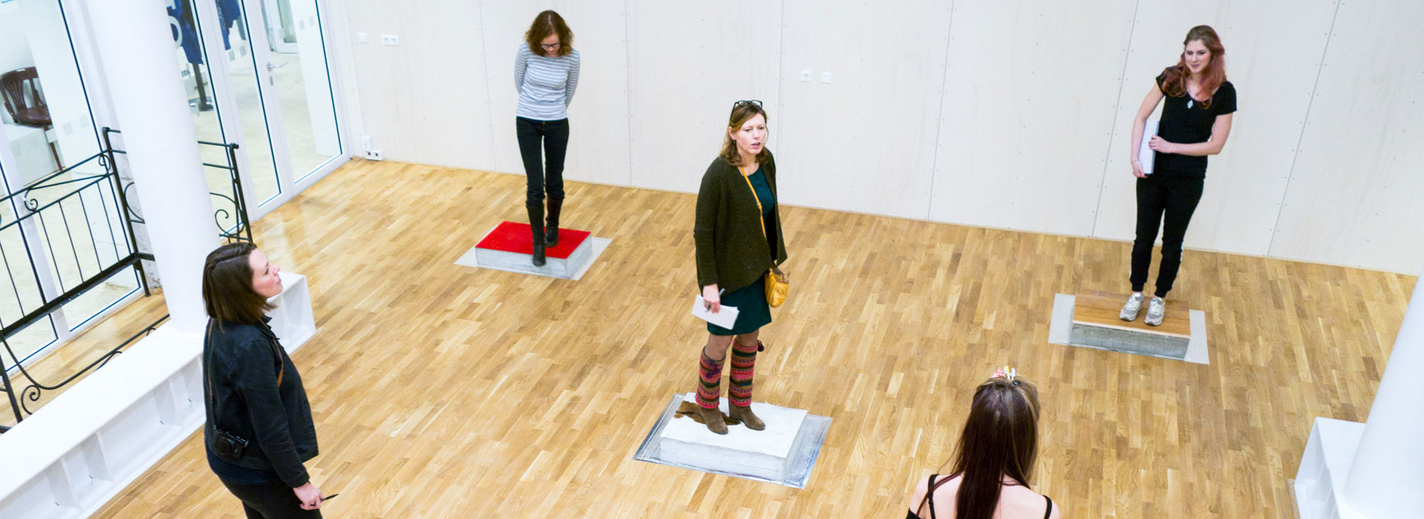
Barter trade
The sharing economy is one in which someone shares something with someone else without the intervention of a business. There are social initiatives that want to contribute to a better neighbourhood or to reuse, economy initiatives and commercial initiatives. The sharing of things, homes and services has rapidly gained in popularity.
On this page
Extra
Advantages
As a supplement to the other forms of financing, you can offer your services or products in exchange for something you need via barter or exchange sites. Examples: exchanging a photographic documentary for a website, or lessons for legal advice on copyright. There are various sites that make the swap very easy.
Often you do not have much money to invest, especially at the start, precisely the time when you have a lot of expenses. By making a barter trade for something that you can offer, you do not need to invest any money yourself. It is also a way of bringing things that are not necessary but are very handy within reach. Besides, through exchange you build up a business network that may come in useful later if the exchange satisfies both parties. And exchanging products that you do not use is more sustainable than throwing them away.
Trust
Usually you do not know the person in the exchange beforehand and the deal is based on trust. That is why most sites provide opportunities to read and write reviews after the exchange. Your profile on an exchange site is often linked to your account on social media so that it appears more reliable. Just as in the case of work involving money, it is important to make clear agreements on what you can expect from one another and to register them properly.
How does it work taxwise?
The same administrative regulations apply to business exchange transactions as to ones involving money. So there is no need to go off the record: you can openly barter if it is a business transaction and charge VAT for the service or product concerned. To arrive at a business deal, you jointly determine the economic value of the exchange in euros. This must be equal and in line with market trends, and at least higher than the purchase price, though discounts are allowed. You send each other an invoice for the services rendered with the regular VAT. This invoice counts as a regular invoice and is included in your administration. Because the invoice that you receive for the exchange can be charged as expenses, the result is neutral. If there is a significant difference in economic value, a part of the sum can be paid or received in money.
If you make a private purchase in exchange for a business service, you cannot deduct the VAT or declare the costs of the transaction to the Tax Office.